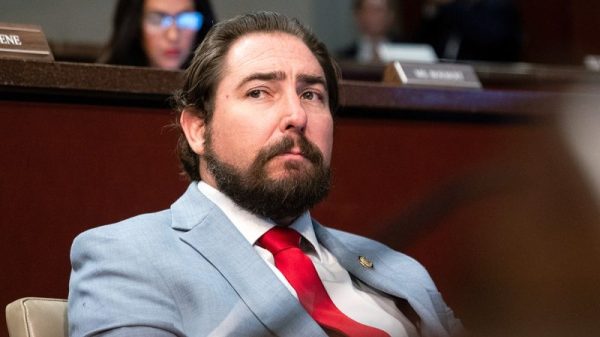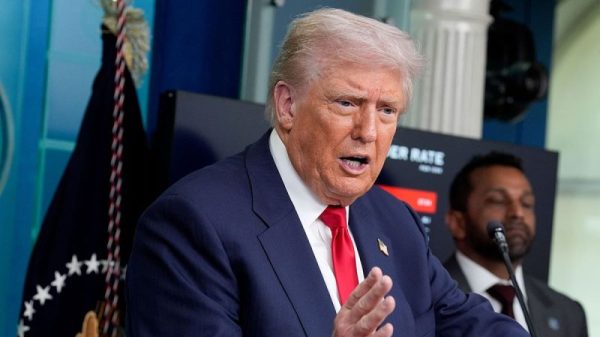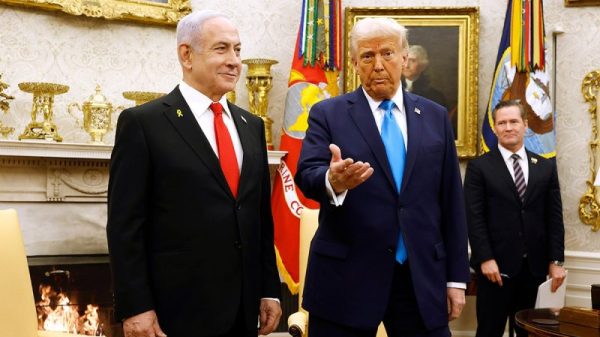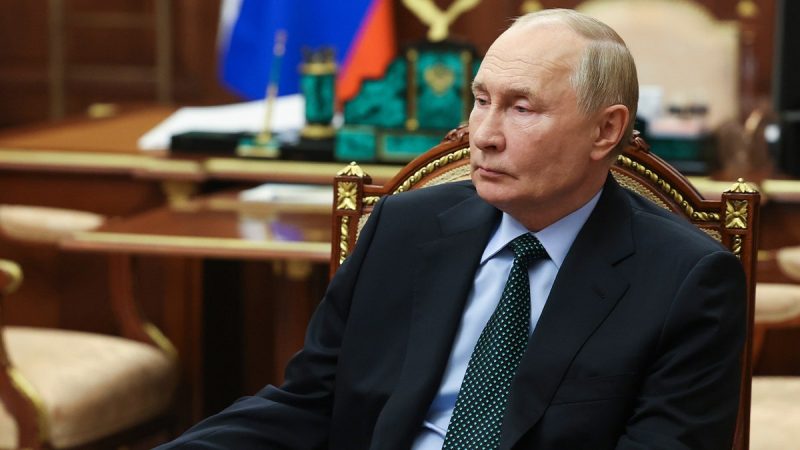In light of the recent global tensions and evolving geopolitical landscape, Russian President Vladimir Putin has signed a revised military doctrine that notably lowers the threshold for a nuclear response in the event of an attack on Russia. This move underscores Russia’s commitment to maintaining a strong defense posture and protecting its national interests in an increasingly volatile world.
The updated doctrine acknowledges the changing nature of modern warfare, with a particular emphasis on the growing significance of nuclear weapons in global security dynamics. By lowering the threshold for nuclear response, Russia is sending a strong signal to potential adversaries that it is prepared to defend itself with all available means if necessary.
The decision to revise the military doctrine reflects Russia’s unwavering commitment to maintaining its status as a major player on the world stage and protecting its sovereignty and territorial integrity. In an era characterized by emerging threats and complex security challenges, the ability to respond swiftly and decisively to any form of aggression is paramount for ensuring national security.
Critics of the revised doctrine have raised concerns about the potential for increased tensions and escalation in the event of a conflict. However, supporters argue that a clear and unambiguous stance on deterrence is necessary to prevent aggression and safeguard Russia’s interests.
It is important to note that the revised military doctrine is not an indication of Russia’s desire for conflict or aggression. Instead, it serves as a deterrent against potential adversaries and a signal of Russia’s readiness to protect itself in the face of any threats.
As global security dynamics continue to evolve, it is essential for nations to adapt their military doctrines to address emerging challenges effectively. Russia’s decision to lower the threshold for nuclear response underscores the country’s commitment to maintaining a robust defense posture and protecting its national security in an uncertain world. By sending a strong signal of deterrence, Russia aims to prevent potential conflicts and ensure its own security and stability in an increasingly complex geopolitical environment.


































